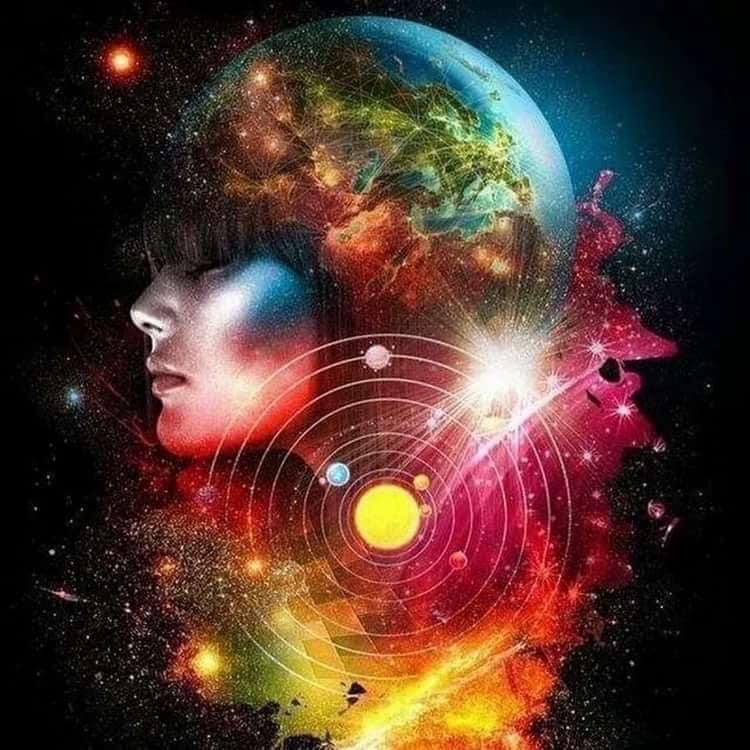The superhuman, divine origin of music in various faiths and religions is found in the peoples of both the Western and Eastern hemispheres. In ancient Indian mythology, there was a concept of a “mystical sound”, identical with the absolute Brahman, from which the whole world was born. It is about this cult music that Sherngadeva writes that it defines the” Path ” of all-humanity. A sound reflects the essence of the world order. This is the ideal model of the world. Sound is a dynamic static, like the entire universe. A.Schopenhauer (German philosopher) called music ” the essence of the world”, H.Peacham (English writer and Illustrator): “In beauty and elevation worthy of God and angels”, C.Burney (English music historian and organist): “Divine music”, W.Wackenroder (German writer) : “Angelic pure art … Divinely great “, F.Brentano (Austrian philosopher and psychologist): “The divine Principle that gives us the spirit of creation “.
Sufism not only places music in the cult, but also raised It above the prayer rite. Music was not only an expression of the harmony of the Universe, it originally inspired life. Sh.Hafiz (poet of the East, Keeper of the Koran) wrote: “Many say that life entered the human body through music, but the truth is that life itself is music … the Soul was a song… Music lifts the human soul even higher than the so-called external forms of religion”.
Although in religions such as Christianity, music is included in the prayer rite, for example in the Old and New Testaments, cherubim sing “Glory to the most high”. Among the ancient Greeks, ancient Slavs, shamans, and Indians, music itself acted as a religious cult, for example, the” singing bowls ” of shamans introduce a person into a meditative state.
Any musical combinations that have come down to us have their own symbolism, for example , the so – called Adonis foot is a myth that has come down to us about the God Adonis, who dies every winter and rises every spring, and in music the frets change from sadness to joy.
E. T. A. Hoffmann (German romantic writer, composer, artist, lawyer) wrote about the deepest meaning of music as a religious cult. K. Solger (German philosopher) wrote about the use of music as a religion. Alfred de Musset (French poet, playwright, novelist): “The deepest meaning is the presence of the deity and the dissolution of the soul in the Divine”.
Music was placed above various Sciences, philosophy, and sociology. E.Delacroix (French painter and graphic artist): “Music began to serve for philosophical conclusions”. T.Adorno (German philosopher, sociologist, composer, musicologist) argued that philosophy and sociology come from art. George Sand (French writer): “I was more moved and convinced by music than by all my books on philosophy”.
It should be noted that in European culture, music that appeals to the passions was not allowed. C.Batteux (French aesthetician, the Abbe), Jean-Jacques Rousseau (French-Swiss philosopher), G. W. F. Hegel (philosopher of German idealism) divide music into two kinds. The first is emotional everyday music. If you look at it today , it’s jazz, pop, rock. The second is true cosmic music-classical music. After listening to cosmic music, as Aristotle (great Greek philosopher and scientist, founder of the Peripatetic school) said, there is a catharsis, and a person is purified and elevated. A. Kircher (German scientist-encyclopedist, inventor, Professor of mathematics and Oriental studies, monk of the Jesuit order) wrote that music not only attracts as a magnet, it has magic, because there is no soul that it could not penetrate and envelop with its caressing sounds. L. Beethoven (German composer, conductor, pianist) spoke: “Only art and science elevate man to divinity”.
Musical critic and journalist Darya Orlova



Comments are closed.